Showing 1-15 of 25 results

Health Lab
A large grant for Michigan Medicine will launch important research to improve the screening and treatment for a gynecologic disorder that disproportionately impacts Black and Hispanic populations

Health Lab
On YouTube, the content recommended to kids isn’t always age appropriate, a Michigan Medicine study finds.

Health Lab
Youth with heart disease enrolled in unique program that teaches resilience and builds connections with their peers

Health Lab
A melanoma survivor shares facts and tips about preventing all types of skin cancer.

Health Lab
Buprenorphine prescribing for opioid addiction used to require a special waiver from the federal government, but a new study shows what happened in the first year after that requirement was lifted.

Health Lab
Overuse of antibiotics can lead bacteria to evolve antimicrobial resistance, but Americans are still receiving the drugs for many conditions that they can’t treat.

Health Lab
A Michigan Medicine ophthalmologist and retinal surgeon shares advice for viewing the total solar eclipse safely, including what to look for in eye protection.
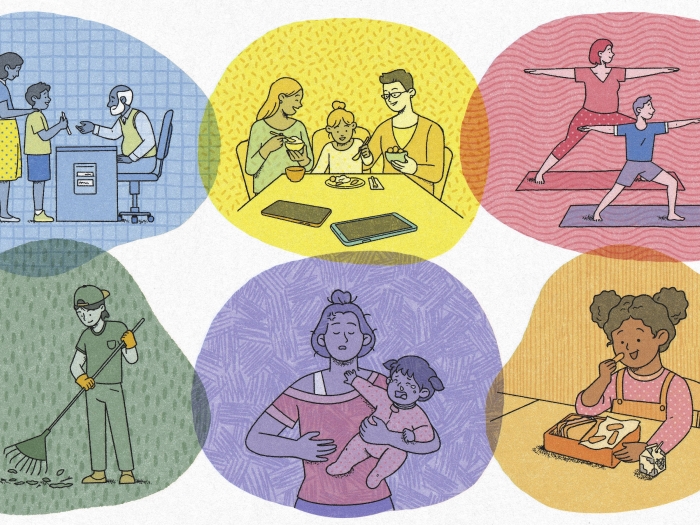
Health Lab
6 ways families can make resolutions stick

Health Lab
Dental pain treatment with opioid painkillers like Oxycontin and Oxycodone declined before and during the pandemic but the rate of decline slowed after 2020.
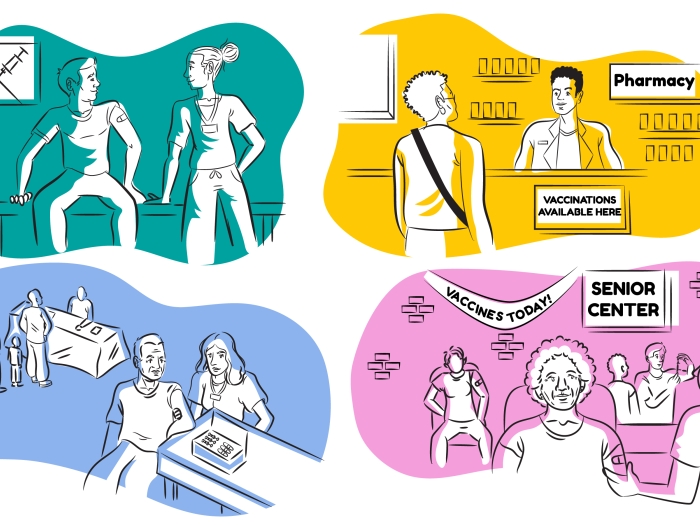
Health Lab
Adults, especially people over 50, should get immunized against COVID-19, flu and other infections, to prevent fall and winter illness, hospitalization and worse
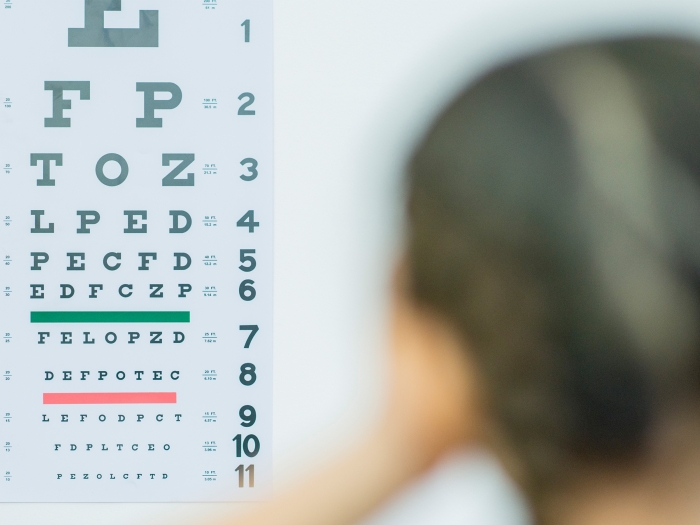
Health Lab
Few children are getting eyes checked at their pediatrician or other regular doctor’s office, and rates vary greatly by insurance status.
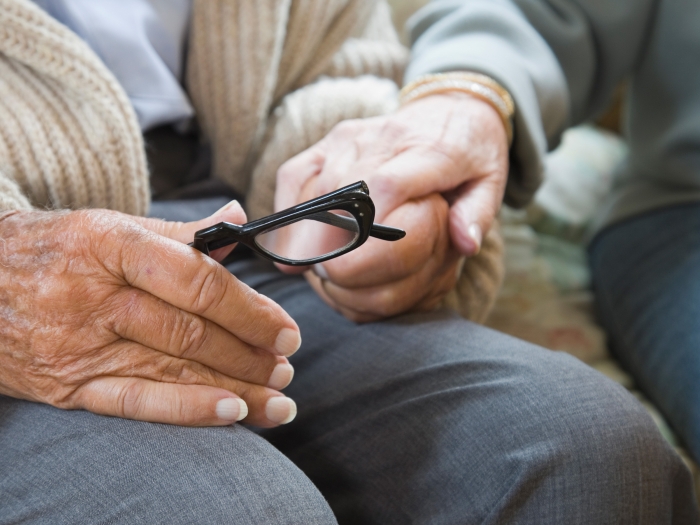
Health Lab
A link between vision issues in older adults and an increased likelihood of dementia.

Health Lab
The social media trend involving microwaving hard boiled eggs, then slicing them to explode, can be dangerous to your eyes experts say.
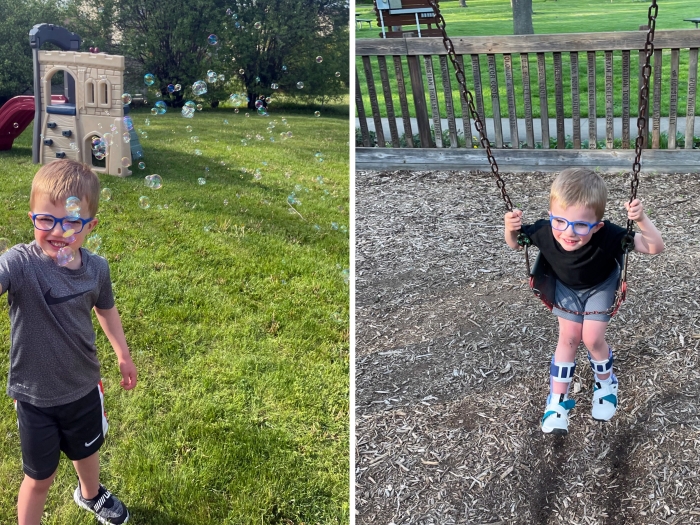
Health Lab
In Michigan, families don’t have to travel far for top pediatric eye specialists

Health Lab
Michigan Medicine research shows that a few key barriers stop young people from getting the glasses they need.